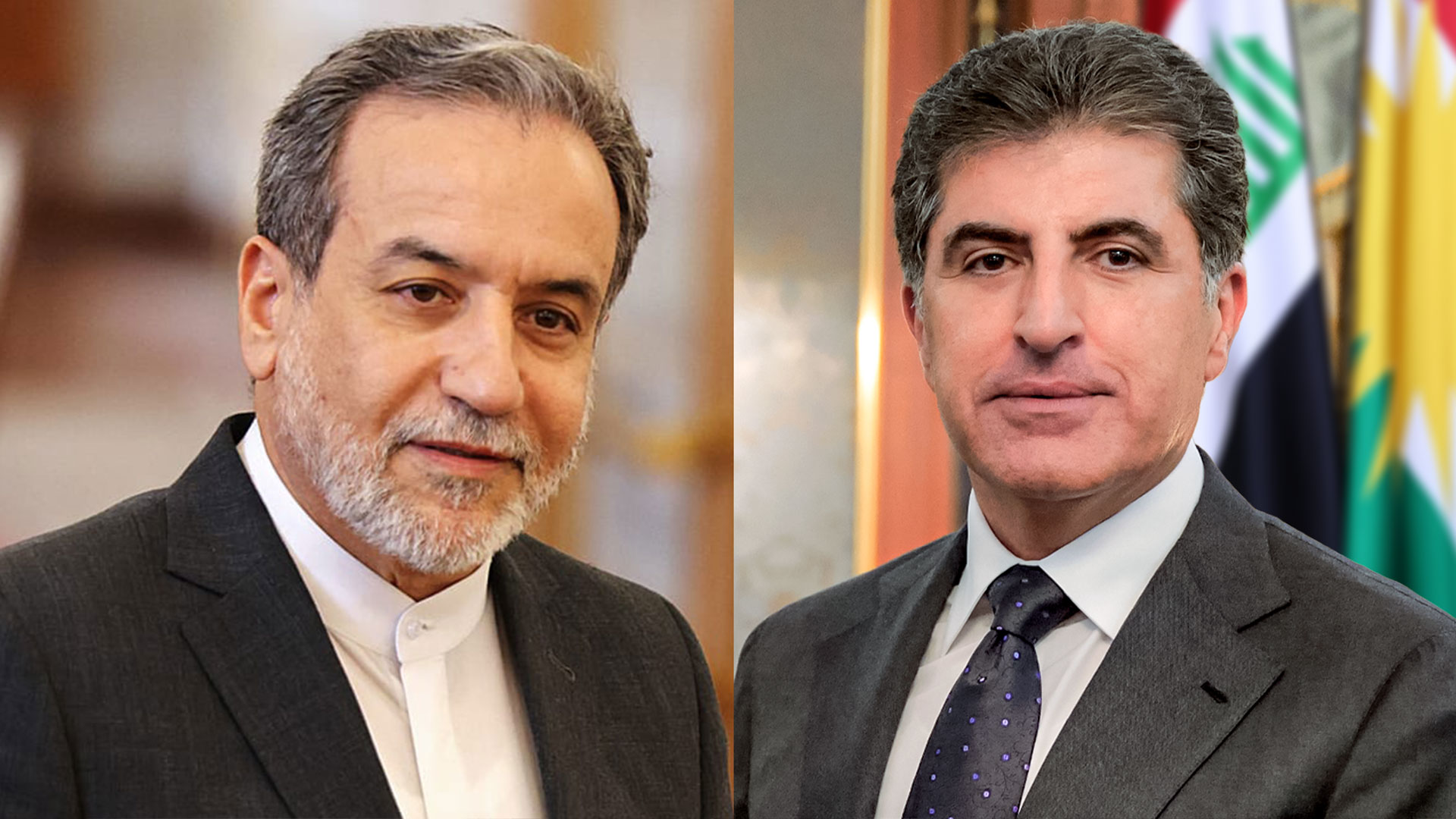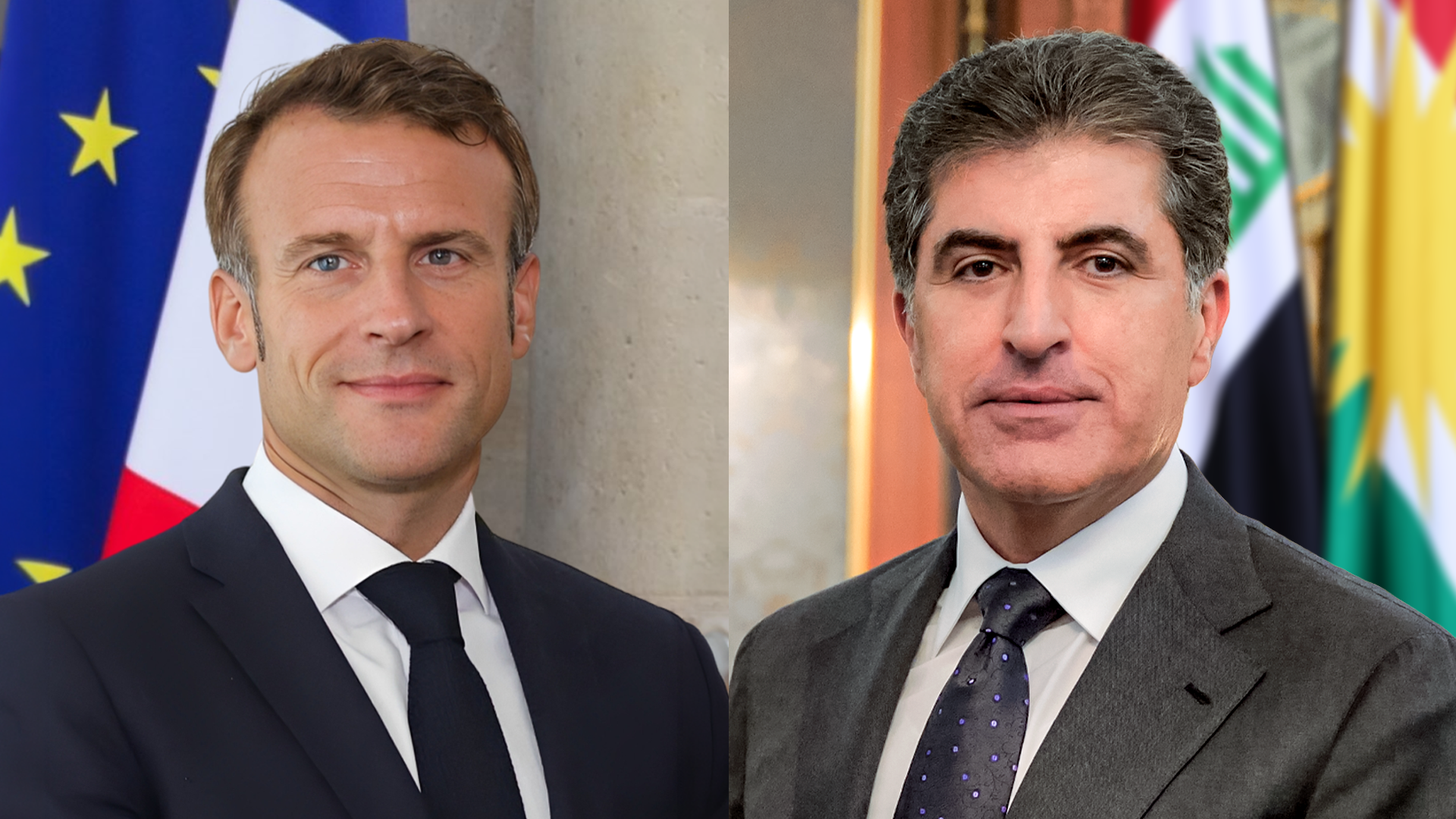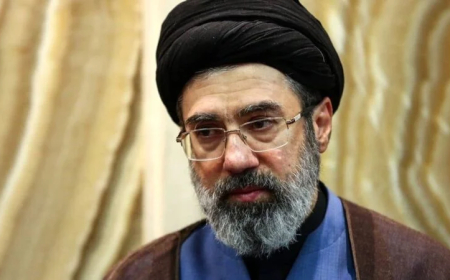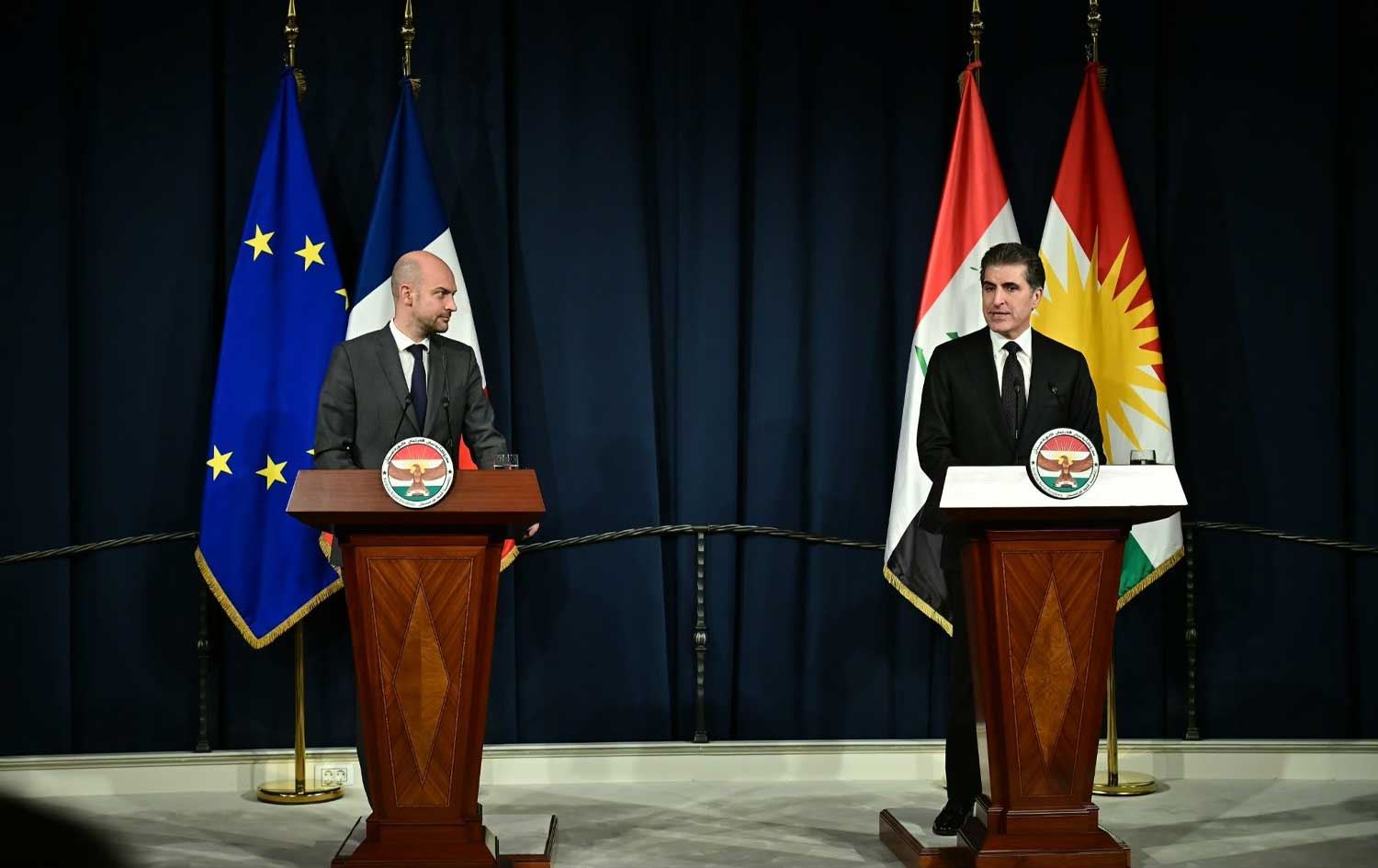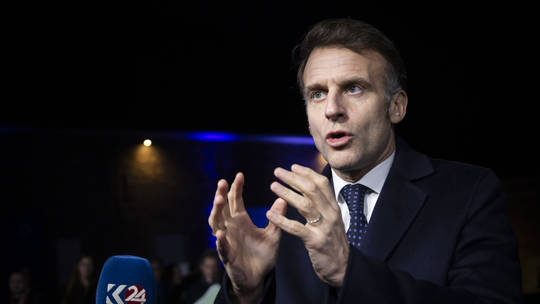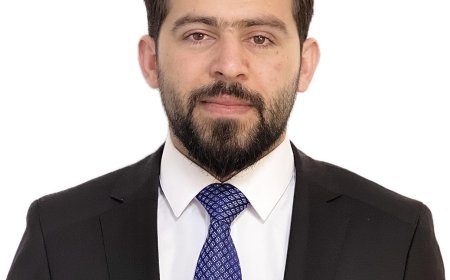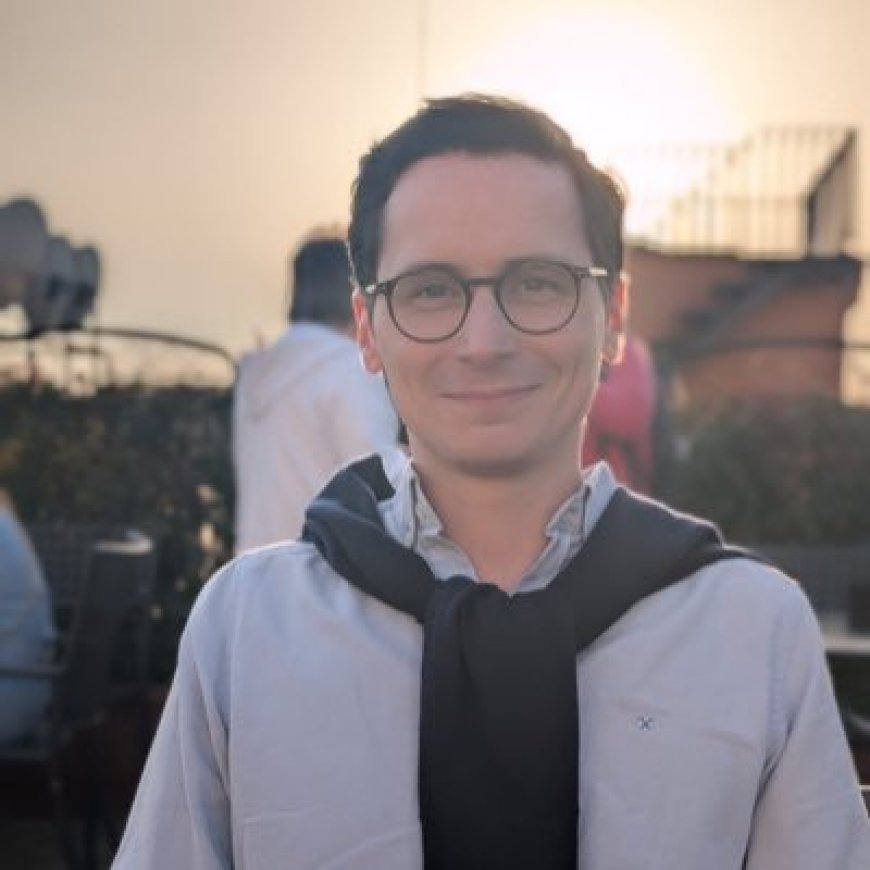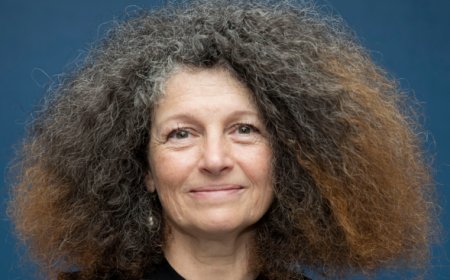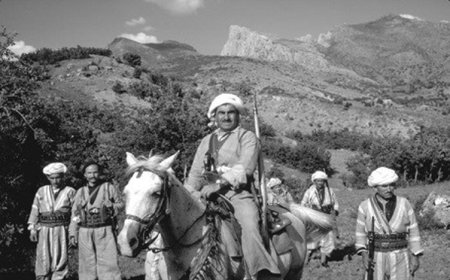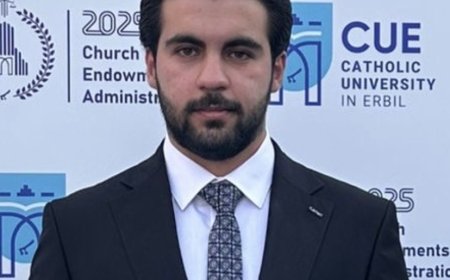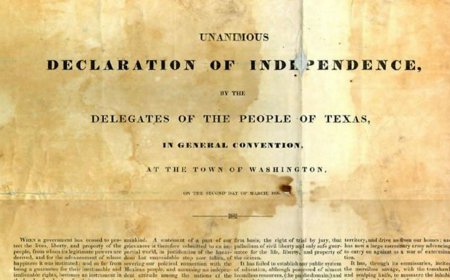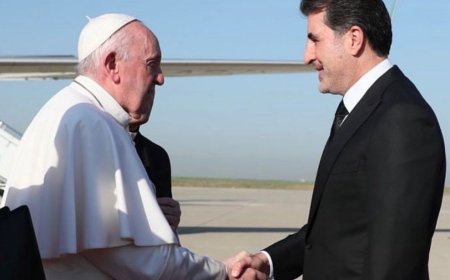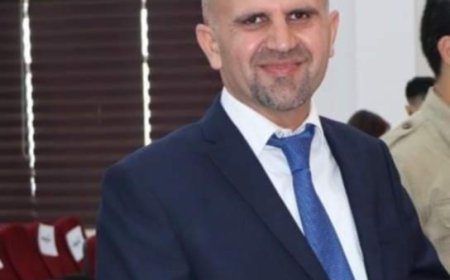Are young Kurdish people losing their identity?
Michael EJ Phillips / Lecturer in the Department of French at Salahaddin University
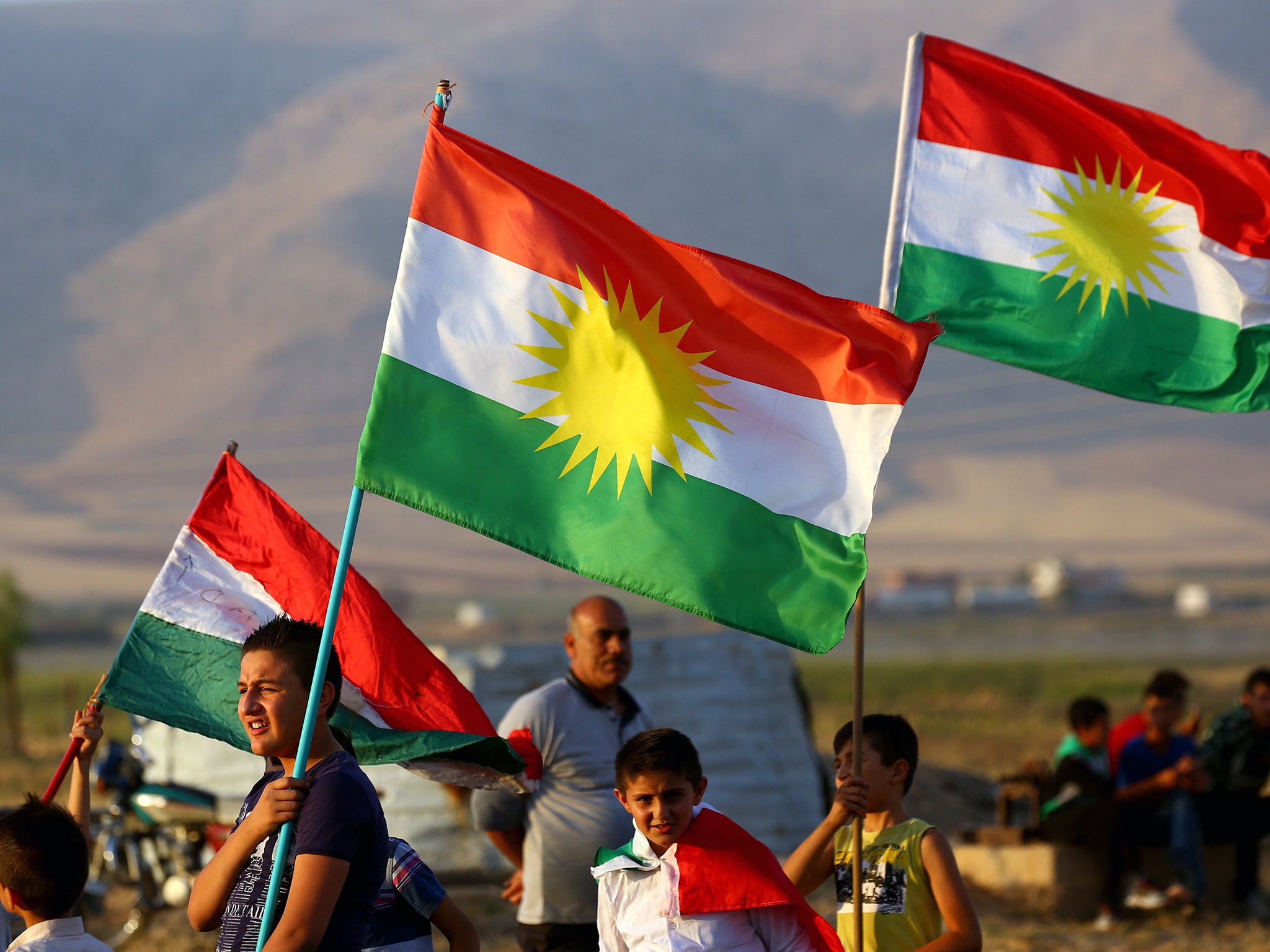
The Kurds are generally known as the largest stateless people in the world. Numbering between 30 to 45 million or more, they find themselves spread primarily among the modern nation-states of Iraq, Syria, Iran and Türkiye, but also in former Soviet republics such as Azerbaijan and Armenia as well as further afield in diaspora communities – in Europe, the United States and Australia for example.
The concept of the nation-state may date back to the 17th century and the Westphalian system whereby each state has exclusive sovereignty over its own territory. No matter how large or small, every state has an equal right to sovereignty. External powers should avoid interference in another country’s internal affairs. During the first part of the 20th century, with the rise of fascism and Nazism, minorities within a nation-state such as the Jews or Roma – particularly in Germany – were not considered part of the people and thus excluded from having a legitimate role in the state. Germans were defined as those with German ancestry, by contrast to the classic non-national states of the 18th century which were multi-ethnic empires such as the Kingdom of France, the Portuguese Empire, the Ottoman Empire and so on. These empires would be dominated by one ethnic group, but the people belonged to many different groups and internal diversity was often great. Regional administration was also often subordinated to the central government – consider the case of France where regions such as Brittany or Corsica are seen as having their regional identity subordinate to national identity.
Such principles endured until the late 20th century, but new geopolitical realities such as the end of the Cold War and increasing globalisation meant that Westphalian sovereignty was increasingly eroded in favour of greater international integration. Regional autonomy, particularly in European states, reversed this trend to a certain extent although it is noteworthy that France, while signing the European Charter for Regional or Minority Languages in 1999 has never yet ratified it.
This point is key, because it reflects one important issue. The nation-state, in order to be unified, often uses language as one of its most important tools in ensuring national unity, with Haugen’s 1966 fundamental principle being ‘internal cohesion, external distinction’. There are four stages in the process of language standardisation namely selection, adoption, codification and elaboration of function. In the case of France, this was French, or the language of the Frankish people, who were centred on Paris. It was not until the late 19th century and the Education Acts in most European countries whereby the ‘national’ language of the state was imposed on all those under it, with France being possibly an extreme examples of a centralised state united by language: to be French means to speak French, and to speak that language means one is an active citizen, part of that country. Any other languages or dialects have been actively suppressed in order to foster national unity and identity; regional varieties are left to wither and die, along with their associated culture and possibly way of life. Language prohibitions have been used to accelerate the adoption of national languages.
A case in point here is that of Türkiye, where after 1980 Kurdish was banned despite it being the tongue of a significant proportion of the population. In other countries such as Iran, Kurdish has also suffered at the hands of a centralising state, as it has in Syria. In Iraq, Kurdish has also suffered at the hands of a centralised republic based in Baghdad. Without being able to use Arabic, citizens were unable to interact with state institutions or advance themselves – through education or economically, for example. Following the 1992 formation of the Kurdistan Regional Government, Kurdish was made the language of state institutions and education, although it must be noted that there is disagreement as to which of the many varieties should be the ‘official’ one. There are two main varieties, Sorani and Kurmanji, alongside different dialects thereof and others such as Hawrami.
A language requires a political centre to sustain it – as the old adage goes, “A language is a dialect with an army and a navy”. The Kurdistan Region is still divided along different lines, hence disagreement as to which variety should be the official one. It therefore comes to the issue at the heart of this article, namely does an increased use of English lead to a corresponding diminution in Kurdish cultural ties and identity? There is a fear among many that English threatens Kurdish culture, which reveals a concomitant lack of confidence in its intrinsic vitality. English is replacing and has in many cases replaced Arabic the language of wider communication both within the nation-state of Iraq itself and further afield. While in previous decades it was necessary to know Arabic in order to study science or other fields of knowledge, English is now fulfilling that role. It has always been the case that knowledge of and expertise in a more “prestigious” language has been the key to personal advancement – think of Latin in the Middle Ages in Europe, or the Norman French brought over by William the Conqueror’s people to England. Such prestige therefore leads to implicit and explicit denigration of the ‘native’ tongue and with it a loss of cultural identity.
It is in short one of the premises behind a recent Master’s thesis examined at Salahaddin University-Erbil. Written by Ruqya Jalal Wahab under the supervision of Assistant Professor Dr Barzan Jaafar Ali entitled Cultural identity among early Kurdish bilinguals in Erbil: A sociolinguistic analysis, it represents a significant contribution to understanding language dynamics in the Kurdistan Region of Iraq. The examining committee (Professor Dr Himdad Abdulqahhar as Chairman, Professor Dr Wrya Ahmad and Professor Dr Rauf Karim) evaluated this sociological investigation into how a sample of Kurdish adolescents aged between 15 to 17 see their cultural identity while acquiring English alongside their native Kurdish.
The central hypothesis was that drawing on the 20th century nationalist ideology as mentioned above, increased use of English leads to a diminishment in Kurdish cultural ties and potential loss of identity. The study's findings support this anxiety. Data presented in the thesis show that 51% of participants use English more frequently than Kurdish in daily life, 67% prefer English with friends, and 83% feel more confident using English in professional contexts. Many participants reported code-switching due to lexical gaps in Kurdish and preferring English for emotional expression. These patterns, the researcher argues, demonstrate subtractive bilingualism (per Lambert), where the dominant language gradually replaces the heritage language.
While the thesis raises legitimate concerns about language maintenance, its underlying framework reflects an outdated nationalist paradigm that no longer serves Kurdish youth in our interconnected world. The assumption that cultural authenticity requires linguistic purity belongs to an era when nations constructed identity around monolingual unity and viewed external influences as existential threats.
According to Dr Sirwan Abdulkarim Ali, an expert in the field of cultural studies and present at the thesis examination, English has become the international language of science, commerce, diplomacy, and digital communication, not through cultural imperialism as some suggest, but as a pragmatic outcome of globalisation. Speakers of many languages, including those dominant in many parts of the world such as Spanish or Russian acquire English proficiency without abandoning their mother tongues. The choice is not binary: one does not stop being Kurdish by mastering English, just as learning French or Mandarin does not erase one's primary identity.
Global citizenship offers a more productive framework than linguistic nationalism. In this paradigm, every culture is respected and valued for its contribution to human diversity, but no culture exists in isolation. The global citizen values their heritage while participating fully in international discourse. For Kurdish youth, this means preserving Kurdish through family, community, literature, and digital media; mastering English to access global knowledge, opportunities, and platforms; and using bilingualism strategically in order to elevate Kurdish culture internationally.
Consider the counter-narrative embedded in the thesis's own data: A young Kurd fluent in English can translate Kurdish poetry for global audiences, publish academic research about Kurdish history in international journals, advocate for Kurdish rights at UN forums, and build economic partnerships that strengthen Kurdish communities. This individual is not "less Kurdish" but are more effective at advancing Kurdish interests in an interconnected world.
Data also showed that 62% of participants reported a "balanced identity" between Kurdish and English cultures, and 86% agreed that bilingualism helps them understand and relate to both cultures. Rather than evidence of cultural loss, these findings suggest identity expansion. The 58% who report their identity shifts based on language use demonstrate sophisticated code-switching, a valuable skill for navigating multiple cultural contexts.
The concept of subtractive bilingualism becomes problematic when it frames language learning as zero-sum. Contemporary sociolinguistics recognizes additive bilingualism, where each language enhances cognitive flexibility, cultural understanding, and professional capability. Research worldwide shows that balanced bilinguals often develop stronger, not weaker, connections to heritage because they can contextualize it within broader frameworks.
The fear that English threatens Kurdish culture reveals a lack of confidence in Kurdish culture's intrinsic vitality. If Kurdish identity can only survive through isolation from global languages, this suggests fragility rather than strength. A robust cultural identity thrives through engagement, adaptation, and exchange. Kurdish literature, music, history, and values are compelling enough to coexist with English proficiency and indeed English becomes the vehicle through which these treasures reach global audiences.
Concerns raised in the thesis about the declining use and role of Kurdish use should prompt strategic responses, not reactionary nationalism. Rather than viewing English as the enemy, Kurdish institutions should develop high-quality Kurdish-language digital content that competes with English media; invest in Kurdish-English translation projects making Kurdish culture globally accessible; create bilingual educational programs treating both languages as assets; cultivate pride in multilingual competence as cultural sophistication; and support Kurdish language standardisation while embracing dialectal diversity.
The research correctly identifies that 65% of participants fear losing proficiency in Kurdish could lead to social disconnection. This concern validates the need for institutional support, not through the restriction of English, but by making Kurdish relevant, modern, and prestigious across all domains of life.
Despite its nationalist framework, this research makes important contributions to the Department of English Language at Salahaddin University's College of Languages in that it provides empirical documentation of language use patterns among Kurdish youth; applies established sociolinguistic theories to the Kurdish context; is a mixed-methods approach combining quantitative and qualitative data; serves as foundation for policy discussions about language education in Kurdistan and lays the theoretical framework for future researchers interested in bi- or multilingualism.
The time has come for Kurdish academia to move beyond defensive preservation – as in European language preservation movements of the late 20th and early 21st centuries towards confident projection. Kurdish culture deserves to be a living, dynamic force in the 21st century, not a museum exhibit protected from contamination. English is not colonisation; it is a tool for communication. The challenge is not whether Kurdish youth should learn English, but how to ensure they remain proud ambassadors of their heritage while navigating the global stage.
The 21st-century Kurdish intellectual must reject the defensive nationalism of the past and embrace the challenge of projecting Kurdish identity onto the world stage; not by isolating it, but by translating it. This thesis, while anchored in older paradigms, provides valuable data that can inform this progressive vision. The next generation of researchers should explore not whether bilingualism threatens identity, but how multilingualism can amplify Kurdish voices in global conversations while preserving the linguistic and cultural heritage that makes Kurdish identity unique.
To answer the question as expressed in the title – are young Kurdish people losing their identity, the answer is that their identity may be changing, but they are not losing it. Faced with the global domination of English, they should not be afraid of it, but must instead embrace it as a tool for communication and advancement. Just as French was the language of opportunity in the West in previous centuries, so too is English nowadays in Iraq and the Kurdistan Region.

